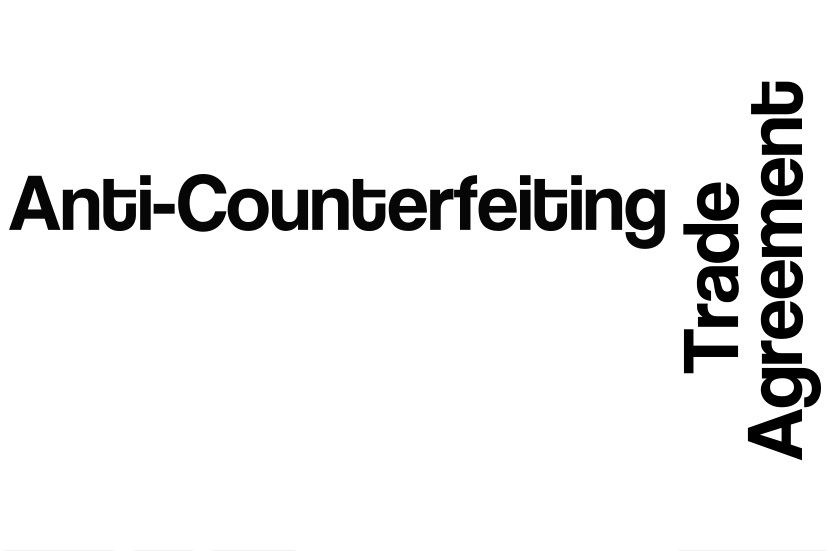ACTA Negotiators Won’t Release New Discussion Draft
SAN FRANCISCO, July 2, 2010 — US trade representatives say they made progress this week in building consensus on key provisions of a new international intellectual property enforcement agreement — but not enough to share with the rest of the world. “There was no consensus to release another text,”

SAN FRANCISCO, July 2, 2010 — US trade representatives say they made progress this week in building consensus on key provisions of a new international intellectual property enforcement agreement — but not enough to share with the rest of the world.
“There was no consensus to release another text,” said Nefeterius Akeli McPherson, a USTR spokeswoman in an e-mailed note about this week’s discussions over the Anti-Counterfeiting Trade Agreement in Lucerne, Switzerland. “There was not sufficient progress at this round to make release of new text meaningful. The issues under discussion are still well reflected in the text that is public now. We hope to make more progress at the next round.”
That could be frustrating news to many of the stakeholders in both the technology and entertainment industries. Both sides are anxious about the impact of any agreement on their companies.
Tech companies and public interest groups have been vocal about their displeasure at what they see as an unusually secretive negotiation process that is not only about more effectively eradicating counterfeiting, but about revisiting the concepts established more than a decade ago in a global digital intellectual property treaty, and by US law.
“It’s the least transparent process I’ve seen in the time that I’ve been in this job,” said Gary Shapiro, president and CEO of the Consumer Electronics Association in an interview with Broadbandbreakfast.com. “I just can’t figure out why the Obama administration is continuing what the Bush administration did, I don’t understand it, personally.”
Shapiro noted that the administration had been stonewalling earlier this year on what was on the table in the agreement, and that those that saw it were asked to sign non-disclosure agreements. After rumors started flying around on the internet about what the agreement would do, the USTR finally made a copy of the agreement available online.
Like other people representing the tech sector who’ve been engaged with the USTR about the ACTA, Shapiro says that the Obama administration was been very open to tech companies’ concerns
CEA acknowledges that the rest of the agreement regarding counterfeiting is important. It’s the way the provisions about digital enforcement are worded that is troubling, Shapiro said [see companion story.]
Editor’s Note: Don’t miss the Intellectual Property Breakfast Club Event on Tuesday, July 13, “The Anti-Counterfeiting Trade Agreement Treaty,” for FREE at Clyde’s of Gallery Place in Washington from 8 a.m. to 10 a.m. Register at http://ipbreakfast.eventbrite.com.
If you plan on attending, and have a question you’d like to submit beforehand, please submit it here. You can vote for which questions the moderator should ask too.
Image Courtey of: Wordle.net








Member discussion